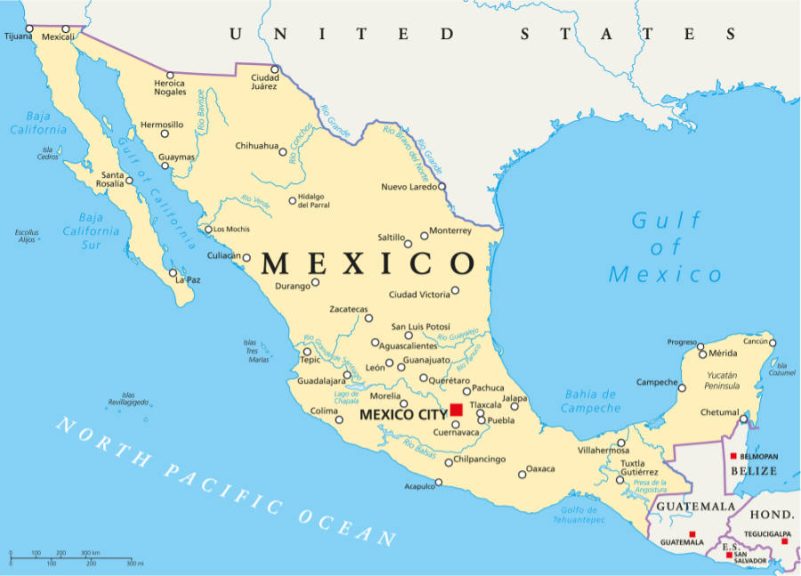Mexican Foreign Minister Juan Ramon de la Fuente will take part in the BRICS Summit in Brazil as an observer, Mexican President Claudia Sheinbaum said on Wednesday (July 2). “I was not going to take part [in the summit] and I cannot travel so often, there is a lot of work in the country. The foreign minister will go to the BRICS summit,” Scheinbaum told a press conference, adding that Mexico, although not a BRICS member, is interested in the operations of the BRICS bloc.
The 2025 BRICS annual summit is taking place in Rio de Janeiro this coming weekend, Sunday and Monday July 6 and 7.
In terms of economic cooperation between Mexico and BRICS, Nikolay Sofinsky, the Russian Ambassador to Mexico stated in March this year that “Mexico does not participate in BRICS and, according to official statements by the Mexican leadership, has no intention of joining the group. It prefers to align its trade and economic priorities mainly within the framework of the North American Free Trade Agreement, the second edition of which was signed by Mexico with the United States and Canada in 2018 (NAFTA-2). The Mexican economy is fully integrated into the system of ties under this agreement, and given its priority importance for the country, it is unlikely that it will be able to turn towards any other integration structures until the revision process is completed.

Therefore, the Mexicans have no consultations with BRICS as an association. But there are close forms of cooperation with each of its member countries. There is interest in diversifying foreign economic relations. Perhaps at some stage in the future Mexico’s interest in BRICS may acquire more advanced practical outlines.”
When pressed on the potential for multilateral initiatives between Russia, Mexico, and other Latin American countries, Sofinsky added “The potential for multilateral initiatives between Russia, Mexico, and other Latin American countries definitely exists. Latin America as a whole seeks to diversify its economic and trade partners, and Russia, despite the current sanctions restrictions, continues to build relations with the region based on mutually beneficial cooperation. Promising areas of focus include the Agro-industrial complex and food security. Russia is already actively supplying grain (especially wheat) to countries in the region, including Mexico. Joint initiatives could include the creation of regional logistics hubs for agricultural trade, as well as investments in food processing and storage.
In energy and mining, Russia has advanced technologies in oil production, nuclear power and lithium processing, which is becoming a strategically important resource in Latin America (especially in Mexico, Chile, Bolivia, and Argentina). Projects to develop lithium deposits involving several countries in the region are possible.
As concerns pharmaceuticals and healthcare, there are possible joint projects in drug production and biotechnology, while as regards cooperation in high technology and artificial intelligence, Russia has a lot to offer Latin American partners in this area.”
The Russian Foreign Minister, Sergey Lavrov, will be attending the BRICS summit to represent Russia. Bilateral trade between Russia and Mexico has declined in recent years and attained just US$43 million last year, most of this Russian exports. No doubt the two Ministers will be having side discussions in Rio to look at reinvigorating bilateral trade.
Further Reading
Russia, Mexico 2025 Bilateral Trade & Investment Relations: Update

 Русский
Русский













